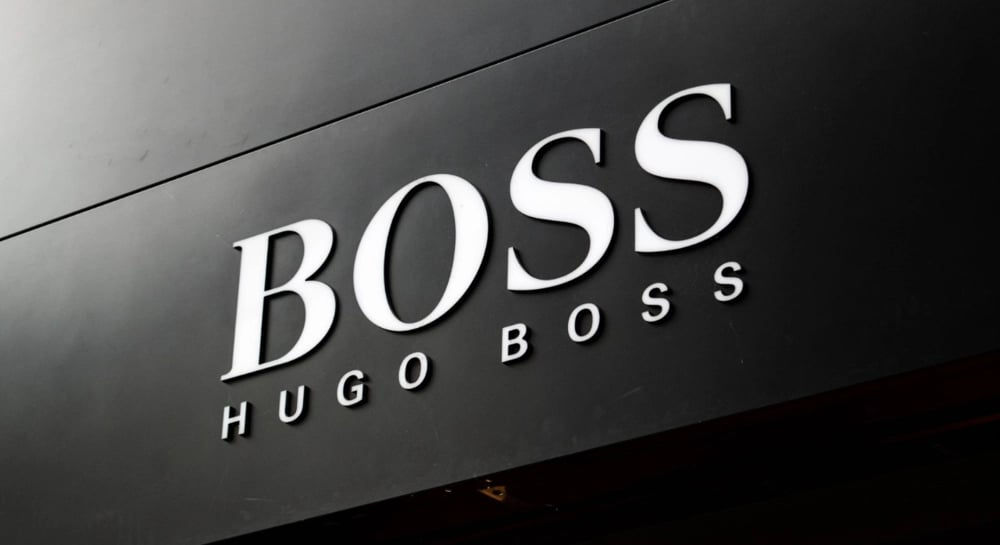

Hugo Boss AG $BOSS.SW, a renowned German fashion brand, continues to adapt to the changing dynamics of global trade, particularly in light of the trade war initiated by former U.S. President Donald Trump. This article examines the company's strategic changes aimed at minimizing the impact of tariffs on its business and the implications for the global market.
Recent data indicates that approximately 4% of Hugo Boss's total sales in the U.S. come from goods manufactured in China. However, in the context of increasing trade barriers, the company has decided to redirect its Chinese product shipments to other markets, thereby reducing risks associated with tariffs. This shift is part of a broader strategy to diversify supply sources.

Hugo Boss is actively seeking to source goods from countries less affected by tariffs. CEO Daniel Grieder noted that this approach enables the company to not only avoid additional costs but also strengthen its position in the U.S. market. Specific new suppliers include:
Peru - known for high-quality textiles and comparatively low production costs.
Turkey - offering geographic proximity and a diverse range of products.
In addition to redirecting supply, Hugo Boss is also taking measures to build inventory in the U.S. This strategy helps the company mitigate the effects of tariffs on Chinese goods and ensures a steady supply for its retail partners. Importantly, inventory management plays a crucial role in strategic risk management amid uncertainty.

This redistribution of supply and inventory creation offers several key benefits for Hugo Boss:
Risk Reduction: Diversifying supply sources helps to minimize dependence on a single region, particularly relevant in times of trade disputes.
Supply Chain Flexibility: The ability to quickly react to changes in international policy and economic conditions allows the company to remain competitive in the fast-evolving fashion market.
Sustainable Growth in the U.S. Market: By building inventory, the company can quickly meet demand, ultimately strengthening relationships with customers and partners in the U.S.
Redirecting supply and building inventory are crucial steps Hugo Boss is taking to adapt to new global trade conditions. Amid the trade war and changing international economic flows, such flexibility and foresight can be pivotal for the company’s success in the dynamic fashion industry. Maintaining stability and ensuring product quality are essential strategies that enable Hugo Boss to solidify its position and address market challenges.
Hugo Boss proves that style and strategy can thrive even in turbulent times!
Impressive to see Hugo Boss navigate the challenges of global trade with such agility!